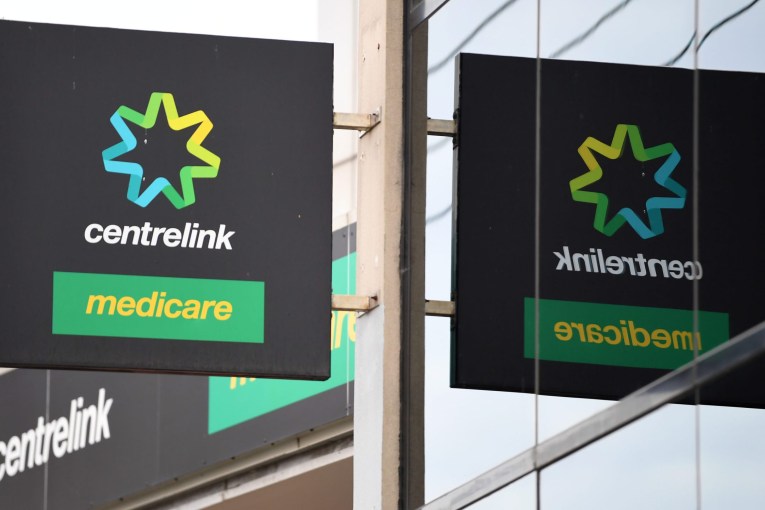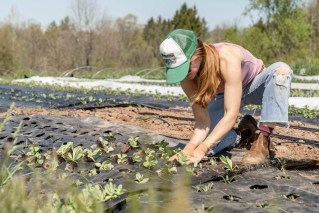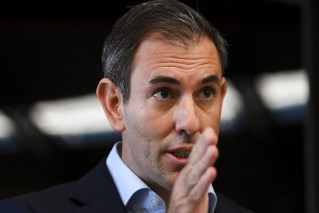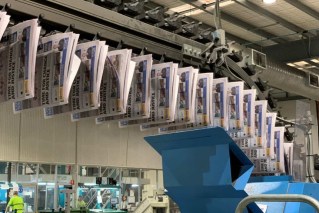Forget the ‘big end of town’ – we’ll only recover if we bridge the ugly divide
Australia’s national debate needs to shake off the class war stereotypes and start working together if we’re to recover from the global pandemic, writes Shane Rodgers

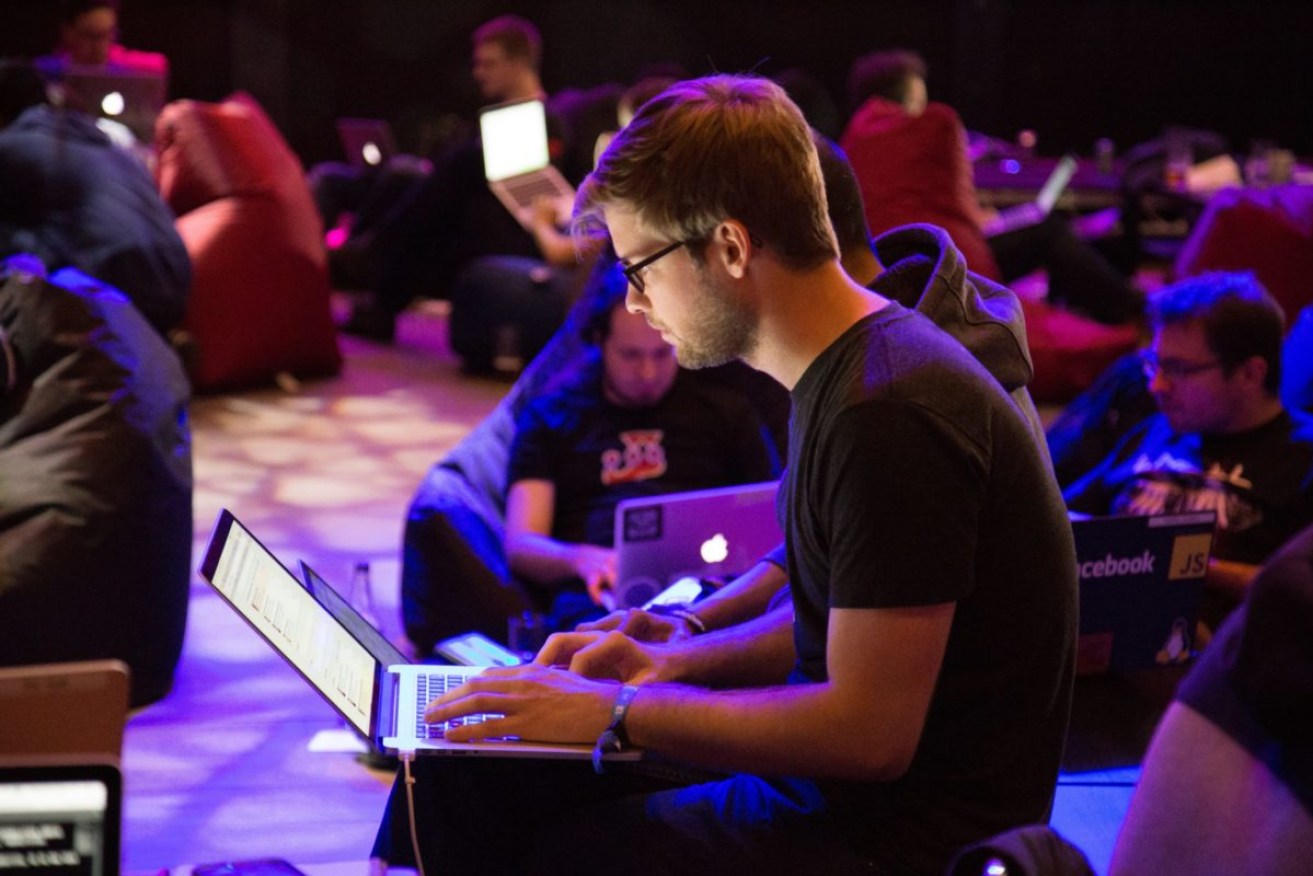
(Photo: Unsplash)
Australia’s first recession in 30 years is a significant wake-up call. It is a reminder that we can’t take being the “lucky country” for granted and, unless we have a comprehensive national plan for recovery, there could be some very austere times ahead.
In these circumstances we need a far more mature conversation about the best ways to resuscitate our ailing economy.
More pointedly we need to decide if we are serious about empowering our business sector to charge out of the economic doldrums and bring us back into real growth and full-ish employment.
The debate about keeping our businesses globally competitive in recent years has descended into an ugly place that has, at times, bordered on class warfare. This is dangerous for our national well-being and at odds with the egalitarian psyche that once defined us.
When the Turnbull government tried to reduce corporate tax rates for large businesses in 2018, opponents were able to successfully label the move as an attempt to look after mates at the “top end of town” and make cigar-smoking rich people fatter and richer. The backdrop of the banking royal commission made this line easier to perpetuate.
Working for an employer group as I do, you get to see the world from a different perspective. The so-called “top end of town” are often multi-country businesses that are making constant decisions about whether to place investment and jobs in Australia or overseas.
In Australia, if you add a globally uncompetitive corporate tax regime with historically high energy prices and one of the highest minimum wages in the world, we are increasingly up against it. This is particularly the case in industries like manufacturing which are vital to our future living standards.
In our world we see tangible examples of this all the time. There are lots of solid, long-term Australian companies who would much prefer to keep their all of their operations and jobs in Australia. They simply cannot justify doing that when so many other countries have more business-friendly operating conditions.
The United States has dropped its corporate tax from 35 per cent to 21 per cent. Numerous countries provide substantial tax incentives for companies to invest and establish businesses that create jobs. We need to compete in that world. Business should pay its fair share of tax. But if businesses do not locate here there will be no tax of any type from them, and no jobs created.
It is sobering to see some of the reactions when employers have the audacity to point out the need for a globally competitive corporate tax system in Australia. There is typically an endless string of comments calling for higher taxes and charges to be imposed on our business sector.
If this is really our prevailing view as a nation, what is the plan? Governments are already maxing out the national credit card to avoid what would otherwise be a horrendous loss of financial and social cohesion as we shudder with the shock of hitting of biggest, ugliest economic pothole of our lifetimes.
Interest rates are so low that they are barely an instrument for progressive economic stimulus anymore, and nobody wants to contemplate the negative impact on national sentiment if and when they start to rise.
With our traditional fiscal and monetary levers mangled and progressively less viable or effective, what does that leave?
Frankly, we need to create the conditions to unleash private investment and try to keep as much of that as we can onshore.
Government infrastructure spending has a role in that, but the key role of government is to create the conditions for the private sector to recover and build us an economic base for the future.
There is no need for a left-right or class divide in this. We need to park the things that create wedges in our political dialogue and concentrate on forward-looking concepts where there is wide agreement.
Those are:
• The need to create real, sustainable jobs that support families and provide the living standards we aspire to. That remains our best form of welfare.
• The need to boost productivity and become a high-tech economy that uses its human capital to maximum advantage
• The need to build the skilled workforce we need to drive a future-focused economy.
While opponents of investing in a competitive business environment might seek to create an image of business as a wealthy class of people who pay little tax, the reality of the Australian business environment is quite different.
About 44 per cent of the Australian workforce is employed by businesses employing less than 20 people and 94 per cent of total employing business are in that scale. About half of small business owners in Australia earn less than the average wage and most have put their livelihoods on the line to create a business that they hope will drive wealth and jobs.
In my world I’m also struck by the number of largish family businesses that have endured through multi-generations of ups and downs. They typically have loyal workforces that they treat as an extension of the family.
For every large, high profile multinational company or loaded billionaire, there are dozens of other everyday businesses trying to grow (or currently survive) in a country where we often undervalue the importance of enterprise to our well-being.
We are at a crucial juncture. The only way forward is to become an “enterprise nation” that uses its strengths to build collective wealth and grow our global market share.
We can’t survive on government pump-priming forever. As former British prime minister Margaret Thatcher pointed out, eventually we run out of other people’s money.
If ever there was a moment to turn Australia into the world’s best national business, this is it.
Shane Rodgers is the Brisbane-based national Chief Operating Officer of Australian Industry Group, Australia’s peak industry body. He is a former business executive, editor and journalist.
